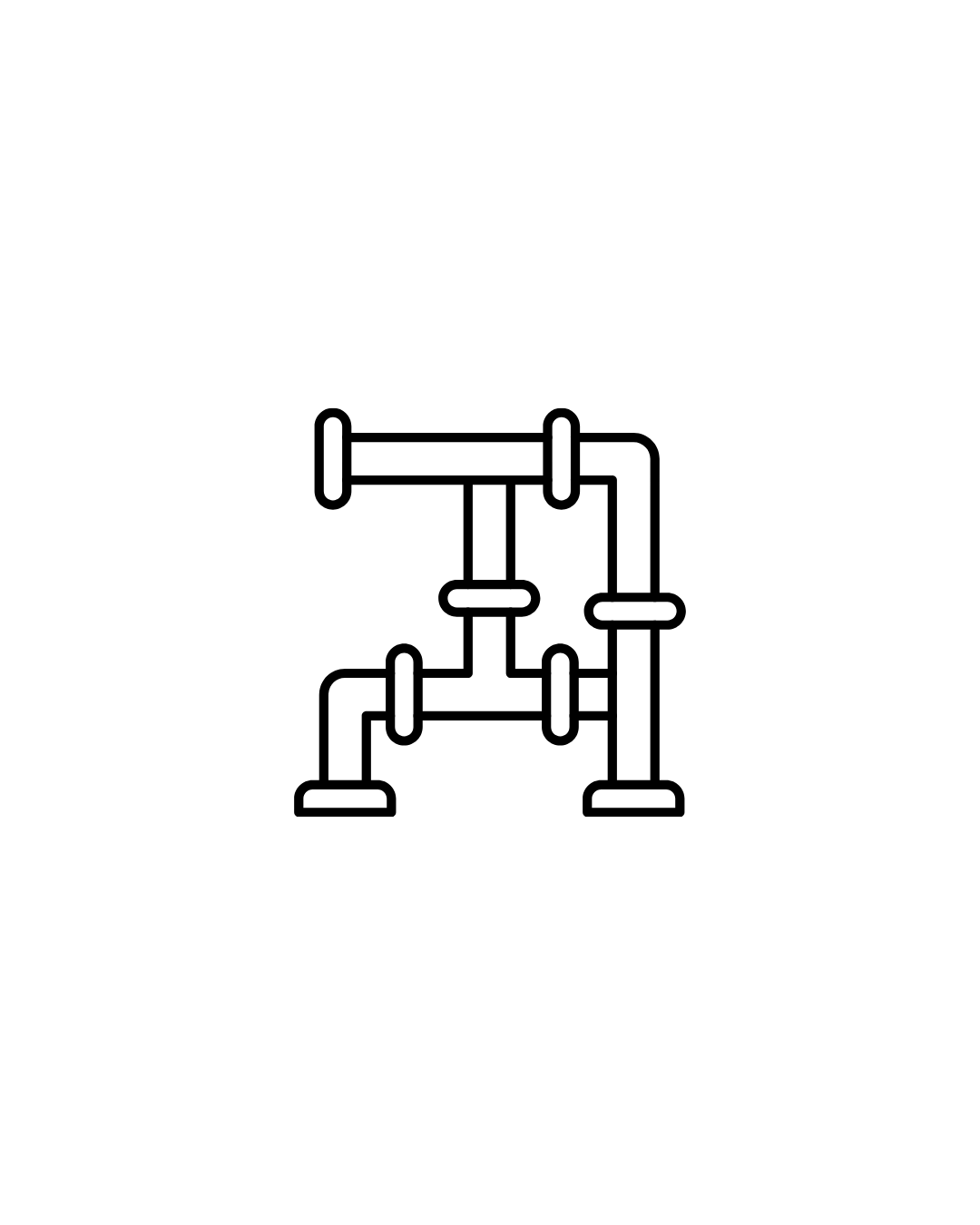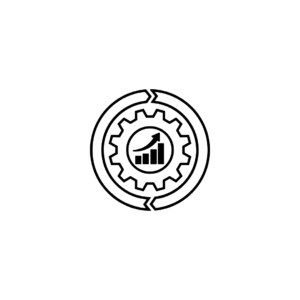Description
An Advanced Diploma in Piping Technology is designed for individuals seeking to specialize in the design, installation, maintenance, and management of piping systems used in various industries, including oil and gas, petrochemical, power generation, and water treatment. This program provides technical knowledge and practical skills necessary for working with piping systems and ensures that graduates are equipped to tackle the complex challenges in this field.
Course Details:
Duration: Typically 1 to 2 years, depending on the institution and program specifics.
Eligibility: Candidates usually need to have completed secondary education (12th grade), a diploma in engineering or technology, or relevant work experience in a related field.
Mode of Study: Programs may be offered in full-time or part-time formats, including online options for distance learning.
Curriculum:
The curriculum for an Advanced Diploma in Piping Technology generally includes the following key areas:
1. Introduction to Piping Systems
Piping Components:
Overview of various piping components, including pipes, fittings, valves, and flanges, and their functions.
Types of Piping Systems:
Study of different types of piping systems used in various industries and their applications.
2. Piping Design and Engineering
Design Principles:
Fundamentals of piping design, including layout planning, material selection, and stress analysis.
Piping Codes and Standards:
Understanding industry standards and codes related to piping design and construction, such as ASME, ANSI, and ISO.
3. Fluid Mechanics
Hydraulics and Fluid Dynamics:
The principles of fluid mechanics as they apply to piping systems, including flow characteristics and pressure drops.
Pump and Valve Selection:
Guidelines for selecting the appropriate pumps and valves for specific piping applications.
4. Materials and Corrosion
Piping Materials:
Study of different materials used in piping (steel, PVC, copper, etc.) and their properties.
Corrosion Management:
Techniques for preventing and managing corrosion in piping systems.
5. Installation and Maintenance
Piping Installation Techniques:
Procedures for the proper installation of piping systems, including welding, assembly, and testing.
Maintenance Practices:
Routine maintenance practices, troubleshooting, and repair techniques for piping systems.
6. Instrumentation and Control
Instrumentation Fundamentals:
Understanding the instruments used for monitoring and controlling piping systems, including sensors and control valves.
Automation in Piping:
Introduction to automation technologies used in modern piping systems.
7. Project Management
Project Planning:
Techniques for planning and managing piping projects, including budgeting, scheduling, and resource allocation.
Safety Management:
Understanding safety regulations and risk management practices related to piping systems.
8. Environmental and Regulatory Considerations
Environmental Impact Assessments:
Study of environmental considerations and regulations affecting piping design and operation.
Quality Assurance and Control:
Techniques to ensure quality in piping installations and project deliverables.
9. Practical Training and Industry Experience
Hands-On Laboratory Experience:
Practical sessions in installing and testing piping systems.
Internship Opportunities:
Field placements in engineering firms or industrial settings to gain real-world experience.
Assessment:
Assessment methods in this program may include:
Practical Assessments:
Evaluations of hands-on skills demonstrated during lab sessions and project work.
Written Examinations:
Testing knowledge of piping design, materials, and engineering principles.
Assignments and Projects:
Research papers or design projects focusing on specific piping-related topics.
Career Opportunities:
Graduates of the Advanced Diploma in Piping Technology can pursue various career paths, including:
Piping Engineer: Designing and managing piping systems for various industrial applications.
Piping Designer: Engaging in the layout and design of piping systems using CAD software.
Project Engineer: Overseeing piping projects from conception through execution and ensuring compliance with regulations.
Maintenance Technician: Performing routine inspections, maintenance, and repairs on piping systems.
Quality Control Inspector: Ensuring that piping installations meet industry standards and specifications.
This advanced diploma program is ideal for individuals looking to build a career in the essential field of piping technology, equipping them with the specialized knowledge and skills to succeed in various engineering and industrial environments. If you have any further questions or need more information, feel free to ask!









